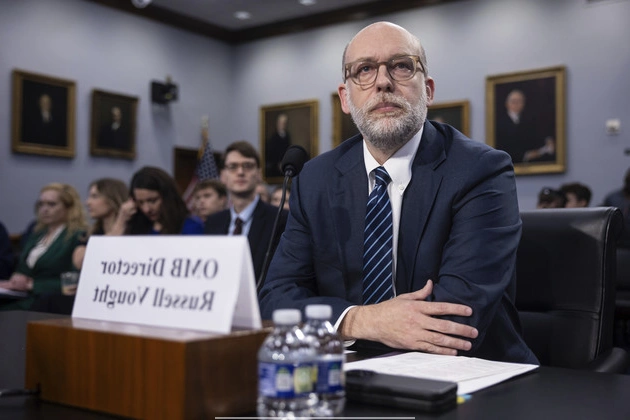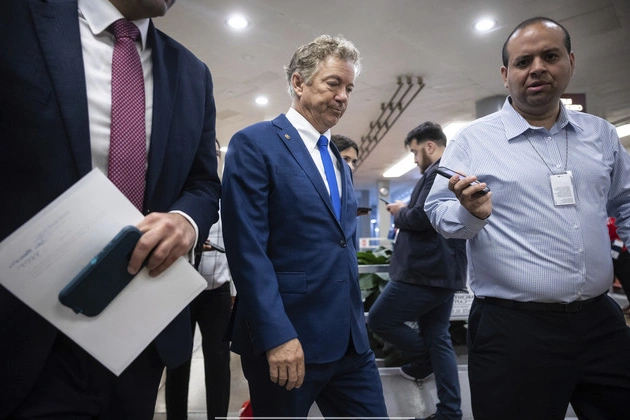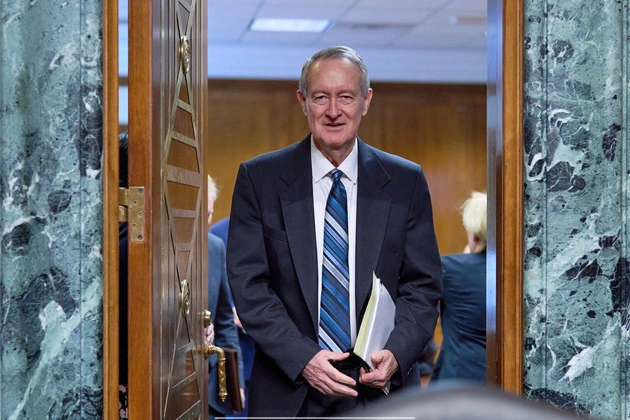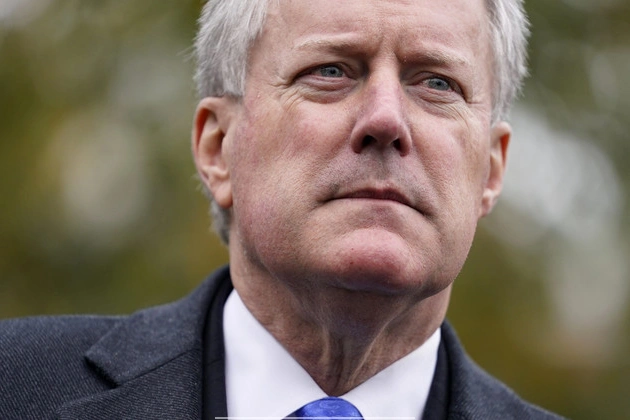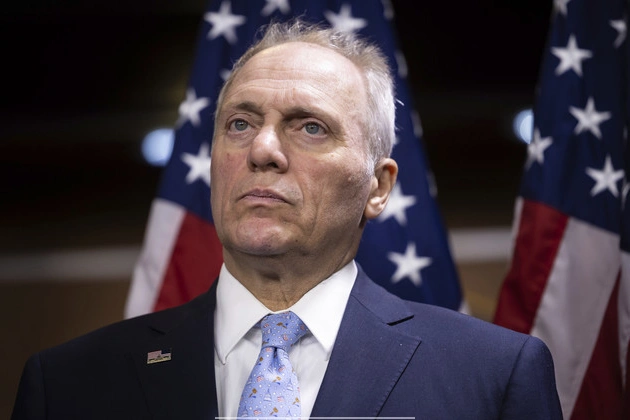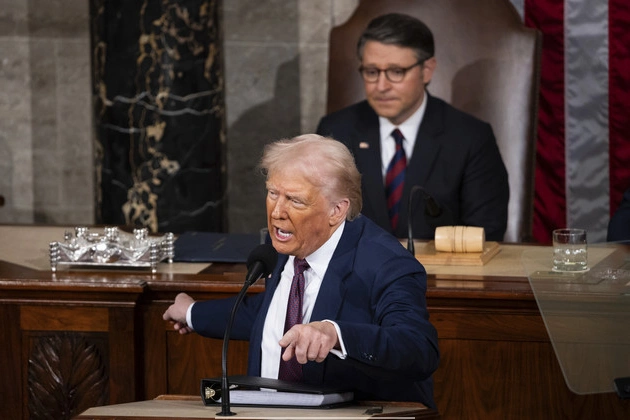
For the duration of Donald Trump’s presidency, Americans stand to benefit from various provisions proposed in the House Republicans’ sweeping legislation. These benefits include tax exemptions on tips and overtime, among other perks.
The Immediate Benefits
The bill outlines policies that would come into effect promptly, aimed at winning over voters and boosting the federal deficit by trillions of dollars. However, the costs associated with these measures would only materialize after the 2026 midterms and the 2028 presidential election.
This strategy of front-loading advantages before the eventual drawbacks kick in is a familiar tactic in modern congressional proceedings. Nevertheless, the current House bill represents an extreme case of immediate gratification that precedes the inevitable repercussions when Trump’s successor assumes office.
Key Provisions
One notable provision involves the establishment of ‘MAGA accounts’ for babies born between 2024 and 2028, providing them with a $1,000 savings fund. Additionally, older individuals would benefit from an increased standard deduction, especially those above 64 years old.
Among the contentious elements is the requirement for most Medicaid beneficiaries to work a minimum of 80 hours per month or participate in an educational program. Although this mandate won’t be enforced until 2029, concerns have been raised about its implementation.
Furthermore, the bill includes substantial increments to the military budget, deviating from the customary annual appropriations process. It also entails the phasing out of clean energy tax incentives and other environmentally friendly policies post-Trump’s tenure.
The Road Ahead
While the bill offers immediate tax reliefs and incentives, it also postpones the necessary revenue-generating mechanisms until after Trump’s term. Critics argue that this approach undermines the bill’s purported goal of deficit reduction.
As the legislative process unfolds, various stakeholders are voicing their concerns and advocating for modifications to ensure fiscal responsibility and long-term sustainability.
It is imperative to assess the implications of these tradeoffs and the broader impact on the economy and society as a whole.






